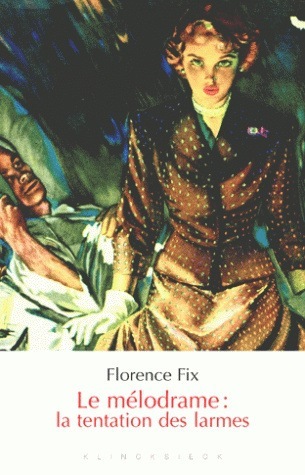Melodrama emerged in the 18th century as a form of theatre allied with text and music and in which tears were commonplace. For people did cry then, in salons as well as in the National Assembly gallery, men and women alike, in their private lives as well as in public places. Tears were a sign of their sincerity, and holding back one's emotions was deemed suspicious.
Two hundred years later, any show of sensitivity has become a sign of sentimentality and although modern-day individuals may pour out their hearts on the telephone, in blogs, or on Facebook, they no longer cry in public. The temptation for tears has persisted, yet our timidity about confronting raw emotions has caused us to relegate it to novels and films, where it can be programmed to appear on acceptable occasions.
This book – which explores topics as vastly different as the plays of Pixérécourt, Rostand and Hugo, the film Titanic, Twilight , the Bollywood phenomenon, the popularity of Love Story and, before that, Douglas Sirk's films – prefers to view "melodrama" as an occasion to enjoy tears and traces its development and motivations within our recent culture.
Florence Fix is a senior lecturer in Comparative Literature at Université de Bourgogne, Dijon. Her research and teaching specifically deal with post-Romantic European literature, notably the theatrical arts.




